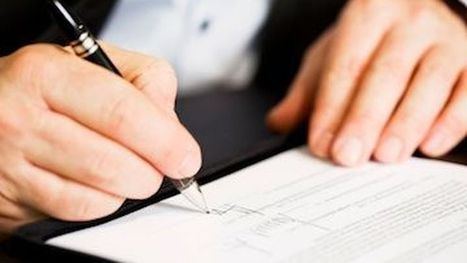This is default featured slide 1 title
Go to Blogger edit html and find these sentences.Now replace these sentences with your own descriptions.
This is default featured slide 2 title
Go to Blogger edit html and find these sentences.Now replace these sentences with your own descriptions.
This is default featured slide 3 title
Go to Blogger edit html and find these sentences.Now replace these sentences with your own descriptions.
This is default featured slide 4 title
Go to Blogger edit html and find these sentences.Now replace these sentences with your own descriptions.
This is default featured slide 5 title
Go to Blogger edit html and find these sentences.Now replace these sentences with your own descriptions.
Reverse charge Mechanism under GST
By Rohit Kumar September 21, 2018
GST Registration, GST Registration in India, GST Registration Process, New GST Registration, Online GST Registration No comments
Under normal routine of work, the
GST is collected from the receiver and paid by the supplier to the Government
on the goods and services he supplies. Under Reverse Charge Mechanism (RCM) as
part of GST, the buyer or the receiver of the goods and services pays the
supplier the price of the product/service minus the GST. This tax is then paid
to the Government, direct by the receiver.
It is important to note that the
tax paid under reverse charge mechanism is eligible for input tax credit which
means that the taxpayer who has paid the reverse tax can
avail input tax credit pertaining to condition that the goods or the services
will be used or is being used for his business.
Which
are the scenarios were RCM is applicable?
A.
The
Reverse charge mechanism, as per the Sec 9(4) of CGST Act applies in a scenario
where the supplier is not part of GST registration in India
which means that the supplier is not a registered GST supplier but the
buyer has done his GST registration
online. Hence, the buyer or the receiver does not pay the supplier instead
he pays it direct to the Government. Since the buyer or the registered receiver
of the goods and services is paying under reverse charge mechanism, he has to
prepare a self-invoice against the purchase. The receiver is liable to pay both
the Central GST (CGST) and State GST (SGST) in case of intra-state trade and
Integrated GST (IGST) in case of Inter-state trade. The important point to note here is that the
taxpayer who is required to pay tax under RCM has to register compulsorily with
GST following all the prescribed GST
registration procedure. RCM will apply in either of the following cases
mentioned below:-
·
Supply
of either a good or a service is being done
·
Supply
should be with respect to taxable goods and services
·
The
supply has to be done by an unregistered supplier (URD).
·
It
is compulsory for the receiver of the goods and services to have done his GST registration online
·
The
supply needs to be intra-state supply
B.
It
is applicable for all e-commerce operators who supply services. In such case
the e-commerce platform needs to collect the tax from its customers rather than
the service providers and deposit it with the Government.
C.
The
Central Board of Excise and Customs has listed about 10 items in which case the
receiver needs to pay GST under RCM. The goods include unpeeled cashew nuts,
bidi wrapper leaves, tobacco leaves, silk yarn, raw cotton, lottery supply, used
vehicles as well as confiscated goods, waste, scrap and Priority Sector Lending
certificate.
GST Act exempts payment of tax
under RCM for purchases of Rs. 5000/- or less per day from unregistered
suppliers. Hence only for expenses above Rs. 5000/- on a daily basis will the
registered receiver need to pay tax under reverse mechanism. The registered tax
payer needs to keep a check on his daily expenses and P/L accounts to not fail
paying tax under RCM.
RCM does not apply for items like
salary and wages; electricity; interest; car fuel and government fees. It
applies for items like – audit fees, rent, commission payments, office
maintenance, gift expenses, repairs and maintenance, office and vehicle
maintenance, legal fees, consultancy fees etc.






